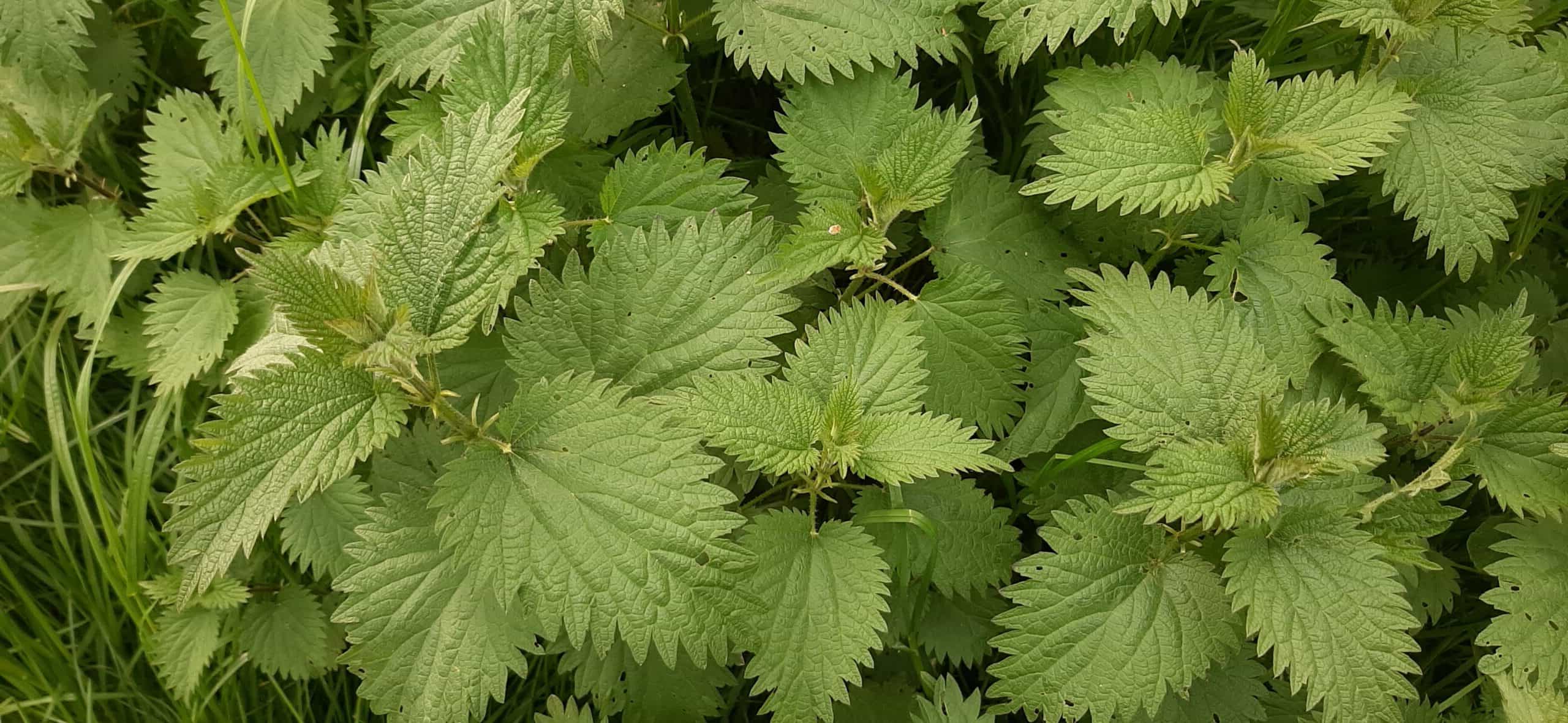
Nettles, often seen as pesky weeds, hold a treasure trove of surprising benefits and interesting facts. Did you know nettles are packed with nutrients like iron, calcium, and vitamins A and C? These green wonders have been used for centuries in traditional medicine to treat ailments such as arthritis and allergies. Nettles also play a crucial role in the ecosystem, providing food for caterpillars and other insects. Their sting, caused by tiny hairs on the leaves, can be neutralized by cooking or drying, making them a versatile ingredient in soups, teas, and even skincare products. Curious about how these prickly plants can enhance your garden and health? Read on to uncover 15 fascinating facts about nettles that might just change your perspective on this misunderstood plant.
Key Takeaways:
- Nettles, with their stinging hairs and rich history, are not just pesky plants. They're packed with nutrients, have medicinal properties, and even play a role in the environment. Plus, they can be used to make soup and beer!
- Nettles have been used for centuries in traditional medicine, cooking, and textiles. They're rich in vitamins, minerals, and protein, and have anti-inflammatory and allergy-fighting properties. Plus, they're a vital food source for butterfly caterpillars and help improve soil quality.
What Are Nettles?
Nettles are plants known for their stinging hairs and medicinal properties. They grow in many parts of the world and have been used for centuries in traditional medicine, cooking, and even textiles.
-
Nettles belong to the genus Urtica. The most common species is Urtica dioica, also known as stinging nettle.
-
Nettles have tiny, hair-like structures called trichomes. These trichomes release chemicals like histamine and formic acid, causing a stinging sensation when touched.
Historical Uses of Nettles
Nettles have a rich history of use in various cultures. From ancient remedies to practical applications, these plants have been valued for their versatility.
-
Ancient Egyptians used nettles to treat arthritis and lower back pain. They believed the plant had anti-inflammatory properties.
-
Romans used nettles to keep warm. Soldiers would rub the plant on their skin to stimulate blood flow and generate heat.
-
Nettles were used to make fabric in the Bronze Age. The fibers from the plant were woven into cloth, similar to linen.
Nutritional Benefits of Nettles
Nettles are packed with nutrients, making them a valuable addition to diets. They can be consumed in various forms, such as teas, soups, and salads.
-
Nettles are rich in vitamins A, C, K, and several B vitamins. These vitamins support immune function, skin health, and energy production.
-
They contain essential minerals like iron, calcium, magnesium, and potassium. These minerals are crucial for bone health, muscle function, and overall well-being.
-
Nettles are a good source of protein. They contain all nine essential amino acids, making them a complete protein source.
Medicinal Properties of Nettles
Nettles have been used in traditional medicine for their healing properties. Modern research supports many of these uses.
-
Nettles have anti-inflammatory properties. They can help reduce symptoms of arthritis and other inflammatory conditions.
-
They may help manage allergies. Nettles can act as a natural antihistamine, reducing symptoms like sneezing and itching.
-
Nettles can support urinary health. They are often used to treat urinary tract infections and benign prostatic hyperplasia (BPH).
Environmental Impact of Nettles
Nettles play a significant role in ecosystems. They provide food and habitat for various species and contribute to soil health.
-
Nettles are a food source for caterpillars of several butterfly species. Butterflies like the Red Admiral and Peacock lay their eggs on nettle leaves.
-
They improve soil quality. Nettles are rich in nitrogen, which they release into the soil as they decompose, enriching it for other plants.
Fun Facts About Nettles
Nettles have some surprising and fun aspects that make them even more interesting.
Nettles: Nature's Hidden Gem
Nettles might seem like a pesky plant, but they're packed with benefits. From nutritional value to medicinal uses, these green wonders offer a lot more than meets the eye. They can be used in soups, teas, and even as a natural remedy for allergies. Plus, their fibers can be turned into textiles, making them a versatile resource.
Despite their sting, nettles are a sustainable and eco-friendly option for various needs. They grow abundantly and require minimal care, making them an excellent choice for those looking to live more sustainably. So next time you encounter nettles, think twice before dismissing them as just another weed. Embrace their potential and explore the many ways they can enhance your life. Nettles truly are nature's hidden gem, waiting to be discovered.
Frequently Asked Questions
Was this page helpful?
Our commitment to delivering trustworthy and engaging content is at the heart of what we do. Each fact on our site is contributed by real users like you, bringing a wealth of diverse insights and information. To ensure the highest standards of accuracy and reliability, our dedicated editors meticulously review each submission. This process guarantees that the facts we share are not only fascinating but also credible. Trust in our commitment to quality and authenticity as you explore and learn with us.


